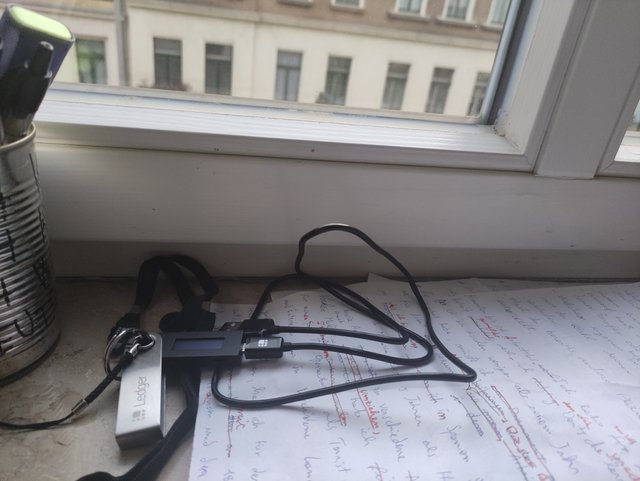 hi Guys!
hi Guys!
in der heutigen Grammatikstunde üben wir den Imperativ.
In today's grammar lesson, we're going to practice the imperative.
Der regelmäßige Imperativ / The regular imperative
Um einen Imperativ zu bilden, lässt du von der du-Form die Endung „st“ weg.
To build the imperative you leave out the “st” ending from the you-form.
Beispiel / example:
Kaufen – to buy
du kaufst – you buy
Imperativ: Kauf – imperative: Buy
Kauf mir einen Porsche! - Buy me a Porsche!
Drei Ausnahmen / Three exceptions
- Verben mit „ä“ / Verbs with “ä“
Wenn ein Verb ein „ä“ in der du-Form hat, hat der Imperativ trotzdem ein „a“.
If a verb has an “ä“ in the you-form, the imperative still has an “a”.
Beispiel / example:
fahren – to drive
du fährst – you drive
Imperativ: Fahr – imperative: Drive
Fahr nicht so schnell! – Don't drive so fast!
- Verben auf s, ß, x oder z / 2. Verbs ending with s, ß, x or z
Wenn der Verbstamm auf s, ß, x oder z endet, lässt du beim Imperativ nur das t weg.
If the verb ends with s, ß, x or z, you only leave out the “t“ in the imperative.
Beispiel / example:
lesen – to read
du liest – you read
Imperativ: Lies – imperative: Read
Lies das Buch bis Freitag! – Read the book until Friday!
- Unregelmäßige Verben „haben“ und „sein“ / 3. Irregular verbs “to have“ and “to be“
Der Imperativ von „haben“ ist „hab“. Der Imperativ von „sein“ ist „sei“.
The imperative of “haben” is “hab”. The imperative of “sein” is “sei”.
Beispiel / example:
haben – to have / sein – to be
du hast – you have / du bist – you are
Imperativ: Hab / Sei – imperative: Have / Be
Hab einen schönen Tag! Aber sei pünktlich zu Hause! – Have a great day! But be home on time!